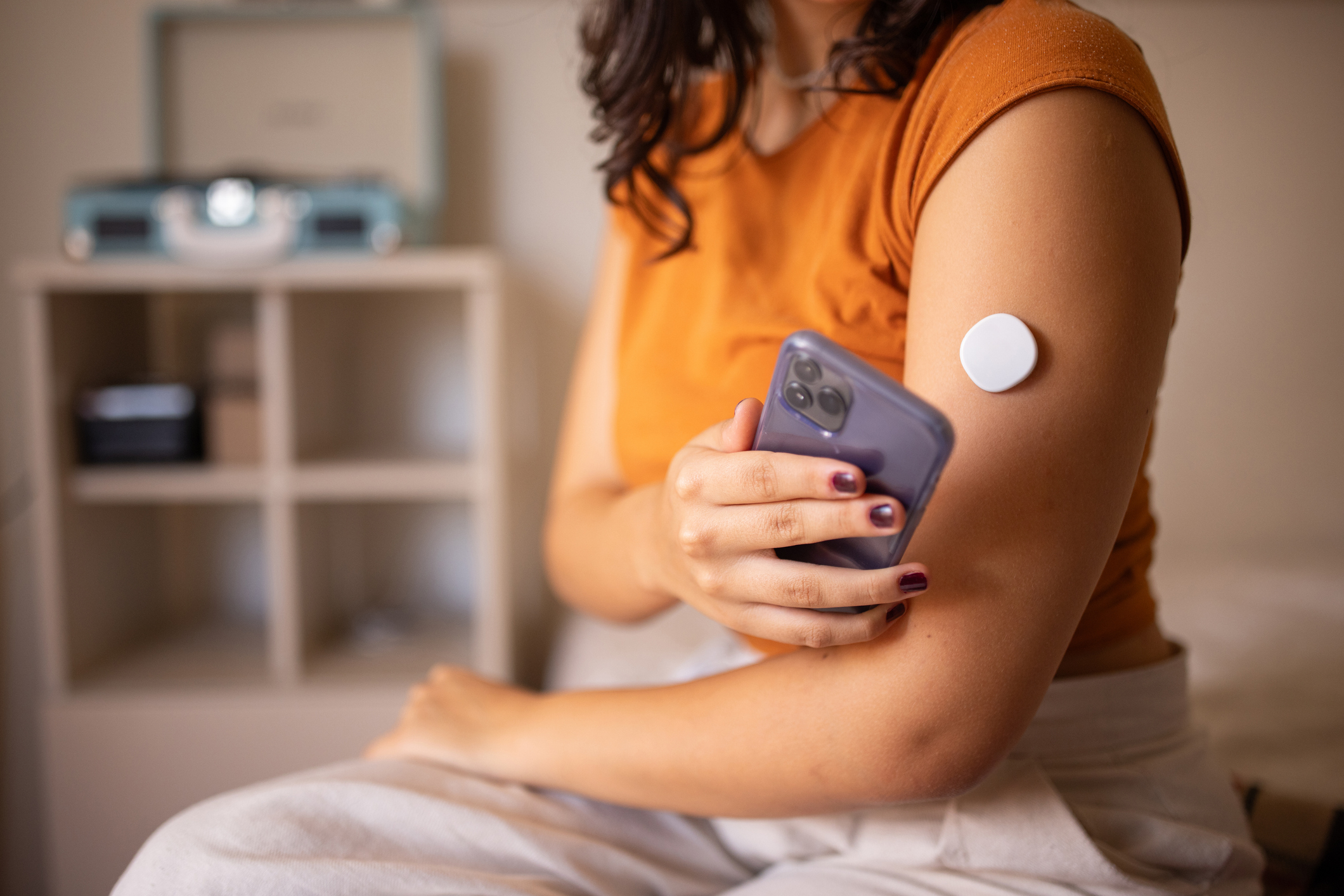Adam’s Journal
My wife recently read a book recommending that everyone wear a continuous glucose monitor to track their blood sugar levels. What do you think?
Dr. Scofield Prescribes
Around the time I became an endocrinologist, self-monitoring of blood glucose became the standard of care for diabetes patients. Since then, the technology has advanced to the point where finger pricks are no longer necessary.
Today’s continuous glucose monitors (CGMs) use a tiny, needle-like sensor inserted under the skin to measure glucose levels, transmitting real-time data to a smartphone. These devices have become increasingly popular, particularly among those looking to optimize their health.
Not surprisingly, CGM manufacturers have capitalized on this interest, promoting claims that tracking glucose levels can aid in weight loss and overall well-being. But the story is not so simple.
For people with diabetes, these devices are essential, helping them determine when and how much insulin to take.
For the estimated one in three Americans who are prediabetic – meaning their blood glucose readings are elevated but not yet in the diabetic range – seeing persistently high blood sugar levels or significant post-meal spikes likely wouldn’t provide much insight.
First, most prediabetic individuals don’t know they have the condition. And simply being aware of glucose patterns doesn’t necessarily lead to meaningful behavior changes, such as improved diet or exercise. Finally, those meaningful behavior changes – exercising and eating a diet that’s low in refined carbohydrates and sugars – are things we all should be doing anyway, regardless of what CGM data tells us.
Research in this area is limited. I found only weak evidence that CGMs might influence behavior in people at risk for diabetes.
For those without risk factors, there’s no evidence that continuous glucose monitoring improves health. The vast majority of people have normal blood sugar levels, with predictable fluctuations – brief spikes after meals followed by a return to baseline (typically below 100 milligrams per deciliter of blood).
Yes, you could add blood glucose tracking to the ever-growing list of biometrics your phone monitors. But for most people, minute-to-minute feedback wouldn’t provide much value. It would, however, come at a cost – one that health insurance doesn’t currently cover for non-diabetic users.
As CGM manufacturers increasingly target the general population, expect to hear more marketing buzz. But the science simply doesn’t support the hype.
–
Dr. Hal Scofield is a physician-scientist at the Oklahoma Medical Research Foundation, and he also serves as Associate Chief of Staff for Research at the Oklahoma City VA Medical Center. Adam Cohen is OMRF’s senior vice president and general counsel. Send your health questions to contact@omrf.org.



